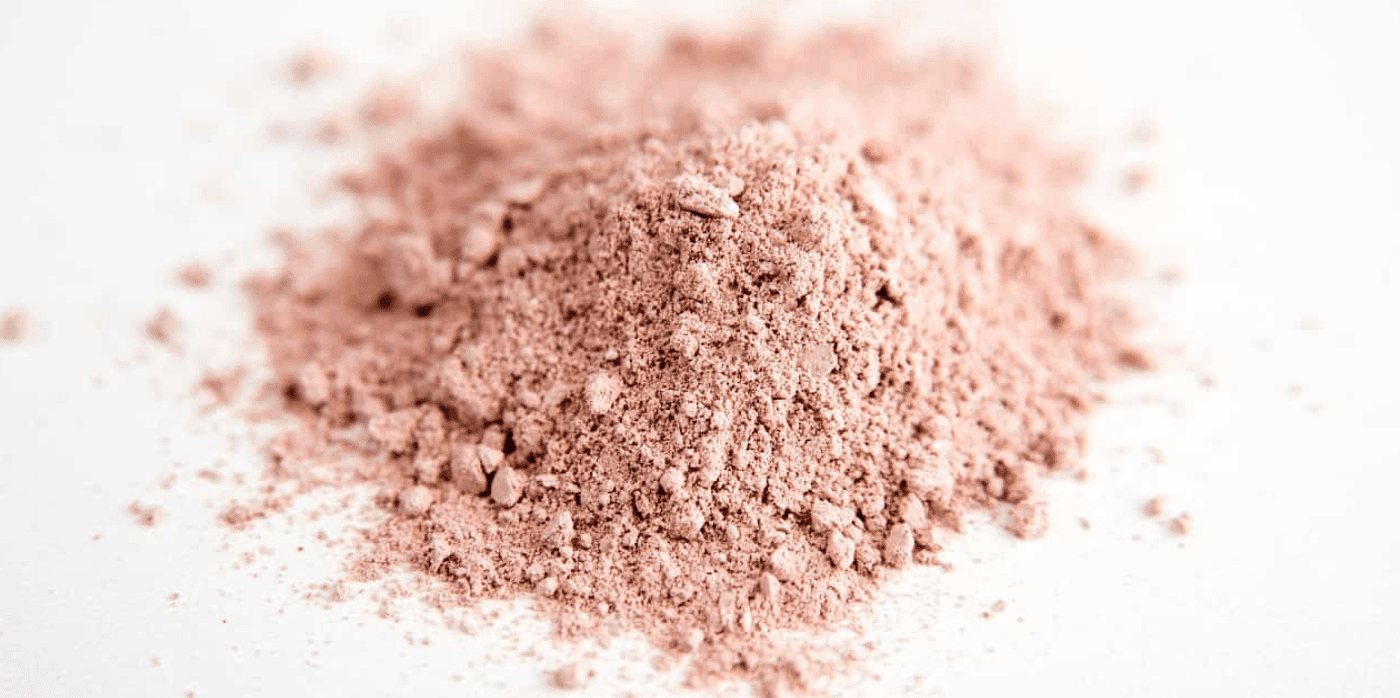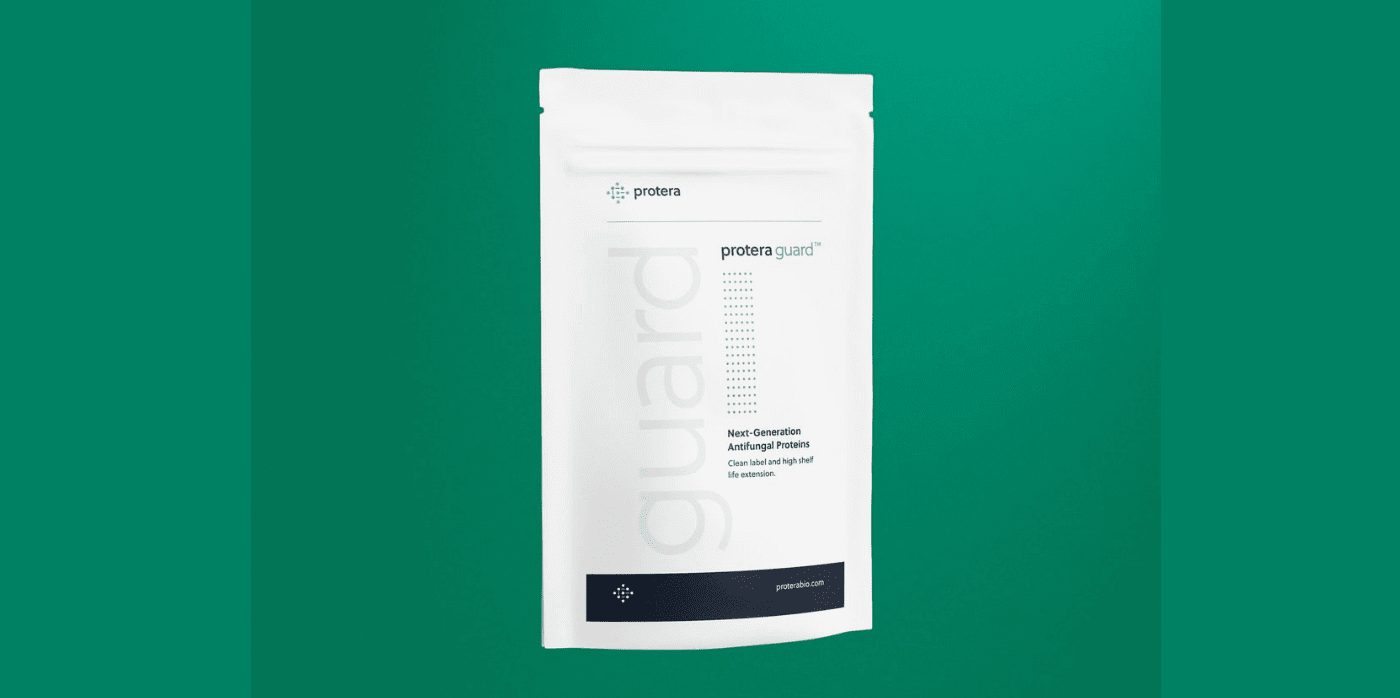Redefining dairy to produce sustainable ‘pink gold’ proteins

Spotted: An important ingredient that makes milk and dietary supplements good for the body is the lactoferrin protein. It promotes general immune health and supports the metabolic absorption of iron. Often called “pink gold” because of its value and scarcity, the protein is found naturally in cow’s milk in very small amounts, with one litre of cow’s milk containing around 100 milligrammes of lactoferrin. That isn’t enough to keep up with global demand, particularly as the limited quantities that are available are often used in infant formula to boost nutrition levels.
Seeking high-quality milk without the environmental side effects, TurtleTree co-founders created a precision-fermented version of the lactoferrin protein. Called LF+, the new protein is gluten- and lactose-free, vegan, and sustainable. Using large fermentation tanks like those used by brewers, the TurtleTree team replicates the structure of the cow DNA that produces lactoferrin and adds it to yeast cells.
Those genetically modified yeast cells then grow, via industrial fermentation, into large quantities of lactoferrin. Structurally and functionally identical to the protein made naturally in cow’s milk, LF+ has the benefit of being far less expensive to produce and therefore less expensive for brands to use in their products.
TurtleTree envisions its new version of lactoferrin being used in everything from supplements to high-performance protein drinks, and a whole host of other products that would benefit from sustainably sourced, healthy protein. The affordability of LF+, compared with traditionally produced lactoferrin, makes it possible that most infant formula worldwide could contain the essential protein in future, contributing to significant improvements in global infant health.
The company is currently undergoing regulatory review for LF+ and this regulatory label will make it clear that the protein is safe to add to almost anything. TurtleTree is also expanding its development of the precision fermentation process to create other types of proteins also found in milk.
Other examples from Springwise’s library that make innovative use of fermentation include the production of human milk proteins for infant formula and bioengineered fabric dyes for the textile industry.
Written By: Keely Khoury


